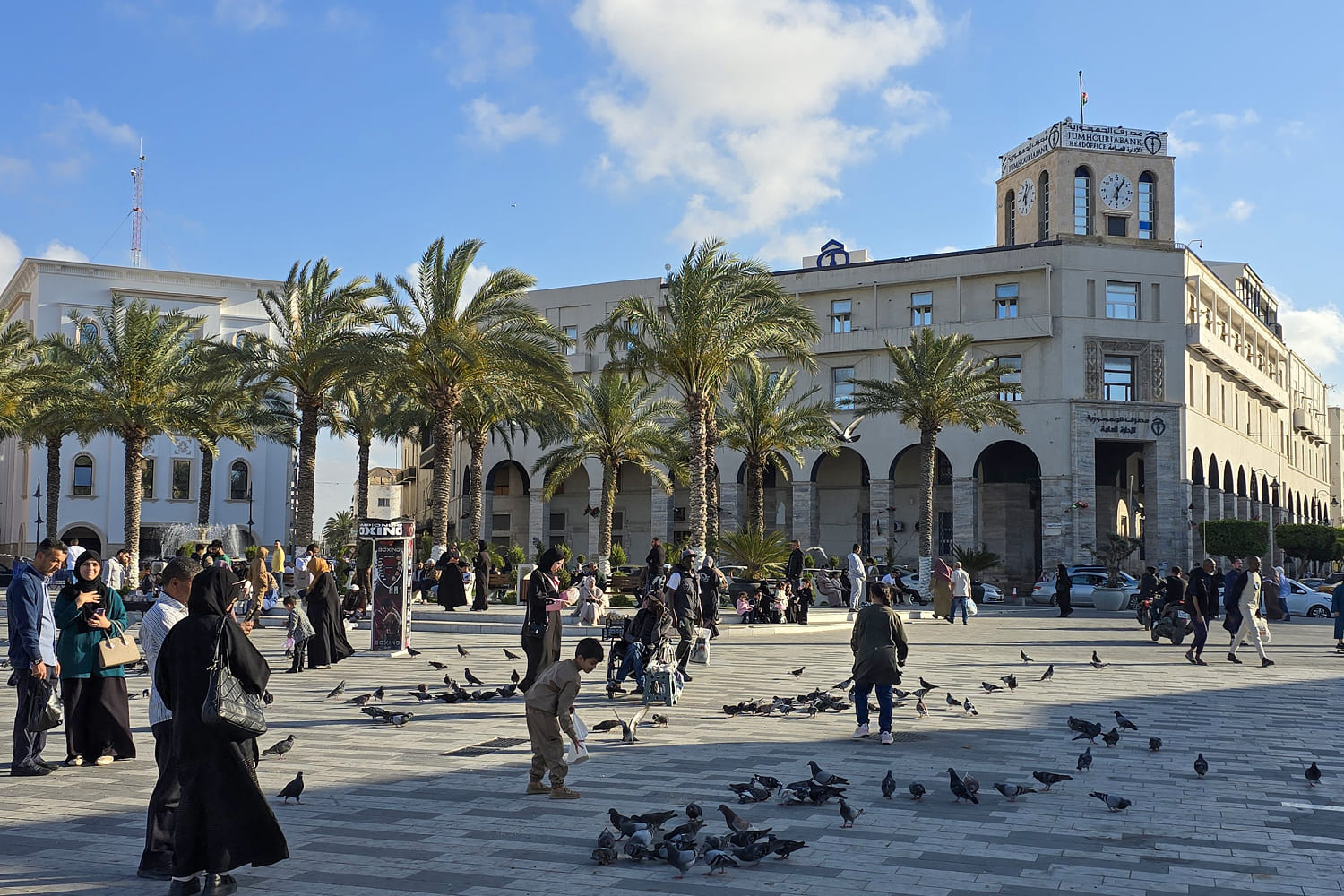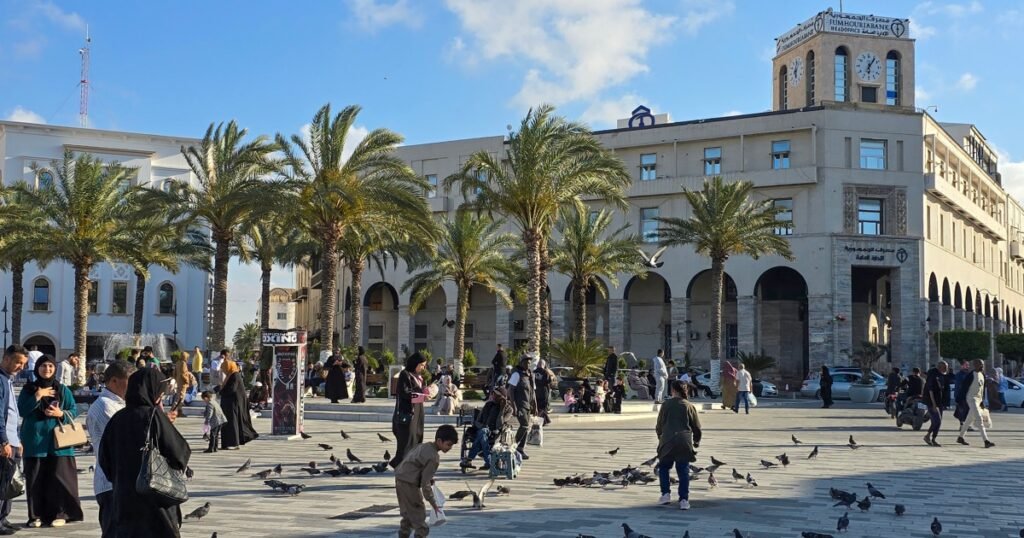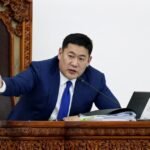Judge blocks deportation flight of Asian migrants to Libya

A federal judge granted a temporary restraining order preventing migrants from being sent to Libya or any other third country after immigration attorneys filed an emergency motion Wednesday.
The United States reportedly plans to send a group of migrants to Libya as early as this week.
A U.S. military aircraft is expected to transport the migrants who are from the Philippines, Vietnam and Laos, among other countries, the motion said.
The plaintiffs are being set for removal “without any reasonable fear screening, let alone a fifteen-day window to file a motion to reopen with the immigration court to contest any negative reasonable fear determination,” according to the motion, which was filed in U.S District Court in Massachusetts.
In one case, the attorneys said in the motion, Immigration and Customs Enforcement officers at a South Texas detention facility gathered several detainees in a room. The detainees were told that they needed to sign a document agreeing to be deported to Libya, the document said. When they refused, they were put in separate rooms, “cuffed in,” and forced to sign the document, the motion says.
Libya’s provisional Government of National Unity said on social media that it is not coordinating deportations with the United States and that it rejects using the country as a destination for deported immigrants without its knowledge or consent.
“The Government categorically denies the existence of any agreement or coordination with it regarding the reception of any migrants deported from the United States,” it said.
It also suggested that “some parallel parties that are not subject to legitimacy” could be involved with the developments.
Khalifa Haftar’s Libyan National Army, which controls eastern Libya, said in a statement that it also opposed the country‘s taking in deported migrants because it would violate “the sovereignty of the homeland.”
A State Department spokesperson said the agency does not discuss the “details of our diplomatic communications with other governments.” The Department of Homeland Security declined to comment on anything related to Libya deportations.
The Trump administration has been deporting migrants in what experts have said is a move to strong-arm weaker countries.
Secretary of State Marco Rubio said last month at a Cabinet meeting that the United States is “actively searching for other countries to take people.”
“We are working with other countries to say, ‘We want to send you some of the most despicable human beings to your countries,’” Rubio said. “‘Will you do that as a favor to us?’ And the further away the better, so they can’t come back across the border.”
The Trump administration struck a $6 million deal with El Salvador this year to imprison deportees it says are members of the Venezuelan gang Tren de Aragua and the street gang MS-13. The administration has labeled both gangs foreign terrorist organizations.
Hundreds of people have already been sent to El Salvador. Many of them are from Venezuela, and almost all were bound for the maximum-security Terrorist Confinement Center, known by its Spanish acronym, CECOT. Human rights groups have criticized prison conditions in the country, alleging systematic torture, malnutrition and other abuses.
Other countries, like Costa Rica, have also agreed to serve as a bridge between the United States and the migrants, many of whom have no criminal records.
Costa Rican President Rodrigo Chaves said at a news conference in February that the country is helping its “economically powerful brother from the north.”
Libya has long been criticized for its treatment of migrants. The Independent Fact-Finding Mission on Libya, established by the United Nations Human Rights Council, found in its report from 2023 that it was likely that “crimes against humanity were committed against Libyans and migrants throughout Libya.”
The report documented examples of “arbitrary detention, murder, torture, rape, enslavement, sexual slavery, extrajudicial killing and enforced disappearance, confirming their widespread practice in Libya.”
A six-year civil war between the country’s rival political factions ended in a ceasefire in 2020. However, threats to the region’s stability have continued.
You may be interested

Trump approved attack plans for Iran — but hasn’t made a final decision to strike
new admin - Jun 19, 2025President Trump approved attack plans on Iran Tuesday night, but did not make a final decision on whether to strike…

U.S. plans to combat spread of “man-eater” screwworms with $8.5M facility of flies in Texas
new admin - Jun 19, 2025The U.S. government on Wednesday released a five-prong policy initiative to stop the spread of New World screwworms in live cattle…

‘We tested 10 plug-in hybrid vehicles and there was an obvious winner’
new admin - Jun 19, 2025A group of motoring experts tested a range of plug-in hybrid vehicles on sale and came to a decision on…































